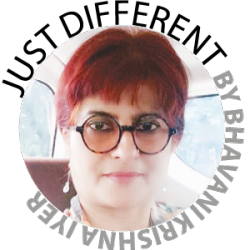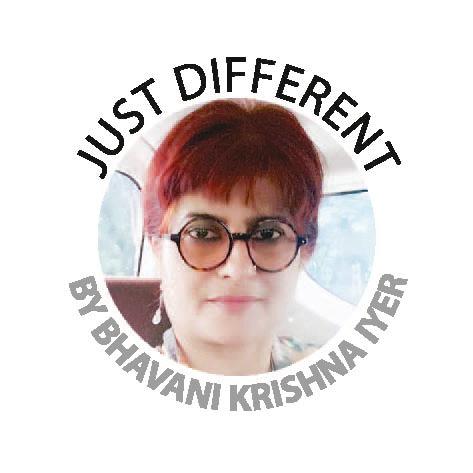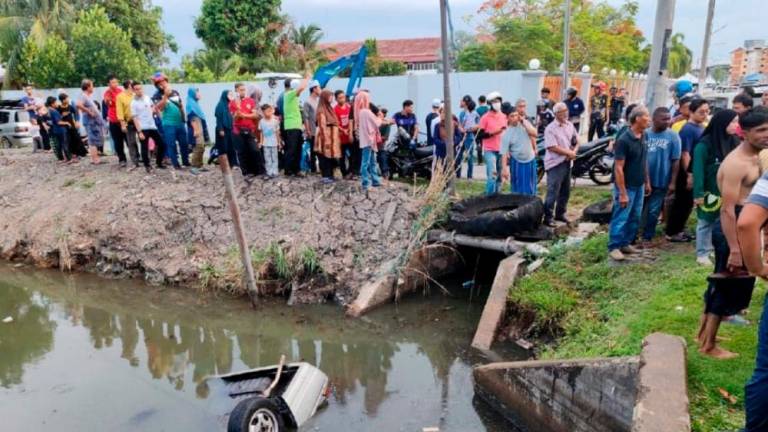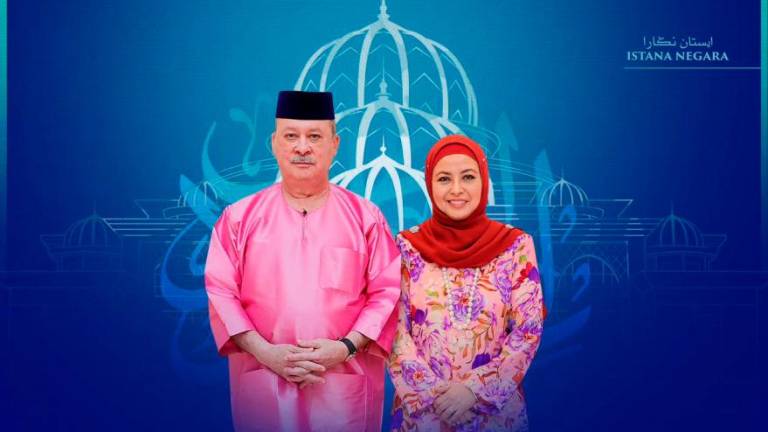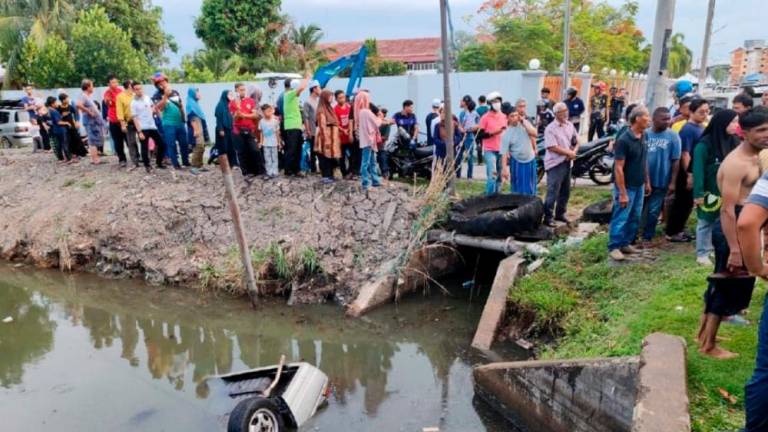EVER so often, when things go wrong, you might feel that the world is against you, and in a fit of desperation you tend to allow this thought to be all consuming. In such circumstances, there is always another perspective to this helpless and hopeless thought that may pervade you. Particularly during this pandemic when people are losing track of where the snags and hitches are coming from, and are clueless as to where to look for solutions.
In Life Coaching, we use the term Locus of Control when dealing with such situations in people. Simply put, it refers to the extent to which people feel that they have control over the events that influence their lives. When you are dealing with a challenge in your life, do you feel that you have control over the outcome? Or do you believe that you are simply at the hands of outside forces?
If the former is true, then you have what psychologists refer to as an internal locus of control. If it is the latter, then you have what is known as an external locus of control. The locus of control helps you distinguish between those who are living life in an empowered way, through an internal locus of control vs those who are living in a disempowered way, through an external locus of control.
It is not rocket science and may be something very obvious or apparent but when we are wallowing in distress or pain we may not allow sufficient time to think sensibly. The Principle of Locus of Control was coined by Julian Rotter (1954) and it has armed life coaches around the world to help people identify and find the control they need in life.
In this context, some people may be more internal at home while more external at work. One core idea life coaches repeat as a cardinal principle is that responsibility breeds empowerment.
Many people feel down, depressed and defeated because of their current situation and what is happening to them. They believe that things are happening to them which are out of their control and may even believe that other people have control over them, and that they cannot do anything but obey them. This defeatist mindset is what is known as the external locus of control. People with it believe that they are passive to the events and things which happen to them in life and accept their circumstances as they are. If they feel they have succeeded in something, they will be more likely to attribute this to luck as supposed to their own skill or talent.
People who operate from an external locus of control tend to subscribe to ideas that they need to be protected and that their past equals their future, that they are victims in life, that people need to keep them happy and that they are entitled to everything without needing to work for it because life owes it to them. These people allow themselves to be impacted by every event that happens to them in life and thus they allow the external world to control their lives rather than take control and responsibility of their own lives.
They need to be out of this default state of mind into a greater realisation of what they are capable of, who they are and how much power they have in their own life outcomes.
The ultimate goal in this game is to strive to coach people into discovering and adopting the internal locus of control mindset. Whilst there is nothing we can do about what happens to us in life, we can control how we respond to our external circumstances.
The internal locus of control breeds a very different attitude in people where they believe that they are precursors and make things happen in life and they can choose how they respond to the results and outcomes. Those with a high locus of control see themselves as being in control of their future and acknowledge that the choices they make will lead to their success or failure.
Whatever the outcome, they have faith that they are able to overcome the obstacles they face and come out on top. They are not negatively affected by people judging them, loathing them or misunderstanding them. They believe in the strength of their core identity and trust in themselves that they are a good and well-intentioned person.
In sum, the future is what we make it, and we get what we work for in life. Bringing this principle into our lives is not difficult and hence, when things do not go the way you expect, one should start being open to challenge, change and ideas in order to shift his mindset from an external to an internal locus of control.
According to the American Psychiatric Association, about 62% of Americans are suffering from symptoms of anxiety, which is related to Covid-19, and 59% feel that the virus is greatly impacting their day-to-day lives. One organisation which conducted a nationwide large-scale survey of psychological distress in the general population of China during the tumultuous time of the Covid-19 epidemic found those who are vulnerable for psychological distress include female, young adults who obtain information from social media which triggers stress, the elderly who are at higher risk for mortality and migrant workers affected by the economic crisis. Constant education and awareness on how to deal with mental health issues is critical in this period of uncertainty.



